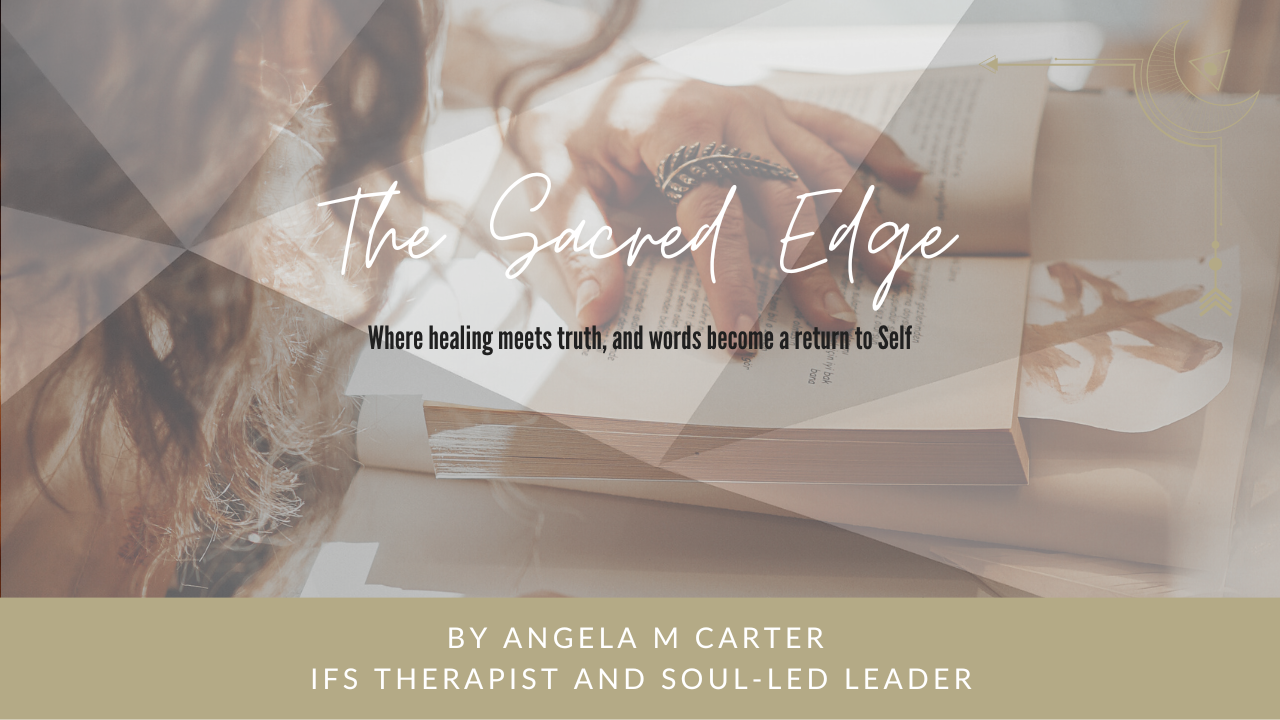When Love Feels Like Longing
Jun 03, 2025
The Impact Of Emotionally Unavailable Men On A Woman's Psyche
As a therapist, I often sit across from women whose hearts ache in ways that are difficult to explain. Their stories sound like: “He never yelled, but I always felt wrong,” or “I knew he loved me in his own way, but I never felt emotionally safe.” These words may not sound like trauma, but their nervous systems tell another story. Their internal world does too.
Loving someone who is emotionally unavailable does not simply leave you disappointed—it can leave you in a constant state of hypervigilance and self-doubt. You may find yourself managing, performing, caretaking, or questioning your reality just to hold onto something that feels like love. This is not weakness. This is survival. And it is often a sign that something deep within—an earlier wound of abandonment, rejection, or feeling unworthy—is being reactivated.
Emotionally unavailable men frequently carry their own protective systems. Their emotional withdrawal may be rooted in childhood environments where vulnerability was punished, ignored, or simply not modelled. Many learned early on that closeness is dangerous, emotions are burdensome, and the safest way to navigate intimacy is to avoid it. So they disappear behind distraction, detachment, or defensiveness.
But when we are in relationship with someone who cannot offer emotional presence, we are not just navigating their behaviour—we are managing the emotional impact it has on our own sense of self. Over time, this often leads to a slow erosion of worth.
Many women in these relationships describe feeling unseen, unimportant, or constantly “too much.” But the most painful part is not their partner’s withdrawal. It is what that absence awakens inside.
A woman might say:
“I kept trying to be what he needed.”
Beneath that, there is often a part of her that learned early on that love must be earned through service, compliance, or perfection.
Another might say:
“I felt like I was too much, so I tried to be quieter, calmer, less emotional.”
That reveals a people-pleasing protector, developed to avoid abandonment or rejection.
Or she might say:
“I stayed because I could see his potential.”
Here, we meet a part of her that is loyal to hope—hope that this time, love will be different.
These parts are not broken. They are adaptive, loyal, and often deeply exhausted.
The real cost of being with someone emotionally unavailable is not only the missed connection. It is the internal fragmentation that begins to unfold. You can still smile, still function, still hold space for others—but inside, you are managing a quiet war between the parts that are trying to stay safe in the absence of real intimacy.
Healing begins when we turn inward, not to fix ourselves, but to honour what we carry. The part of you that stayed. The part that hoped. The part that worked harder. And the part that quietly wondered if it was your fault.
In therapy, we begin by listening to the protective strategies that have worked so hard to keep you afloat. We do not silence them. We honour them. We ask what they are trying to protect. Often, they are shielding the younger parts of us—the little girl who first learned that her feelings were too much or that her needs were not allowed.
And with gentleness, we begin to reconnect with a deeper truth—the grounded, compassionate part of you that never left, even if it got buried. The part of you that knows you are worthy. That you do not have to perform for love. That your needs are not too much. That longing does not mean lack—it means you were built for connection.
From this place, something beautiful happens.
You stop chasing.
You stop fixing.
You stop apologising for your needs.
And you begin to choose yourself—not out of bitterness, but out of integration.
If you have ever loved someone who could not emotionally meet you, please know this:
There is nothing wrong with you for wanting closeness.
There is nothing wrong with you for believing in him.
And there is nothing wrong with you for finally letting go.
Your worth was never dependent on his ability to see it.
And the parts of you that have been working so hard to earn love are ready to rest in something far more reliable—your own presence.
References
-
Levine, A., & Heller, R. (2010). Attached: The New Science of Adult Attachment and How It Can Help You Find—and Keep—Love. TarcherPerigee.
— Explains the avoidant attachment style and its role in emotional unavailability in adult relationships. -
Porges, S. W. (2011). The Polyvagal Theory: Neurophysiological Foundations of Emotions, Attachment, Communication, and Self-Regulation. W. W. Norton & Company.
-
Carnes, P. (1997). The Betrayal Bond: Breaking Free of Exploitive Relationships. Health Communications.
-
Schore, A. N. (2003). Affect Dysregulation and Disorders of the Self. W. W. Norton & Company.
-
van der Kolk, B. A. (2014). The Body Keeps the Score: Brain, Mind, and Body in the Healing of Trauma. Penguin Books.
Stay connected with news and updates!
Join our mailing list to receive the latest news and updates from our team.
Don't worry, your information will not be shared.
We hate SPAM. We will never sell your information, for any reason.

